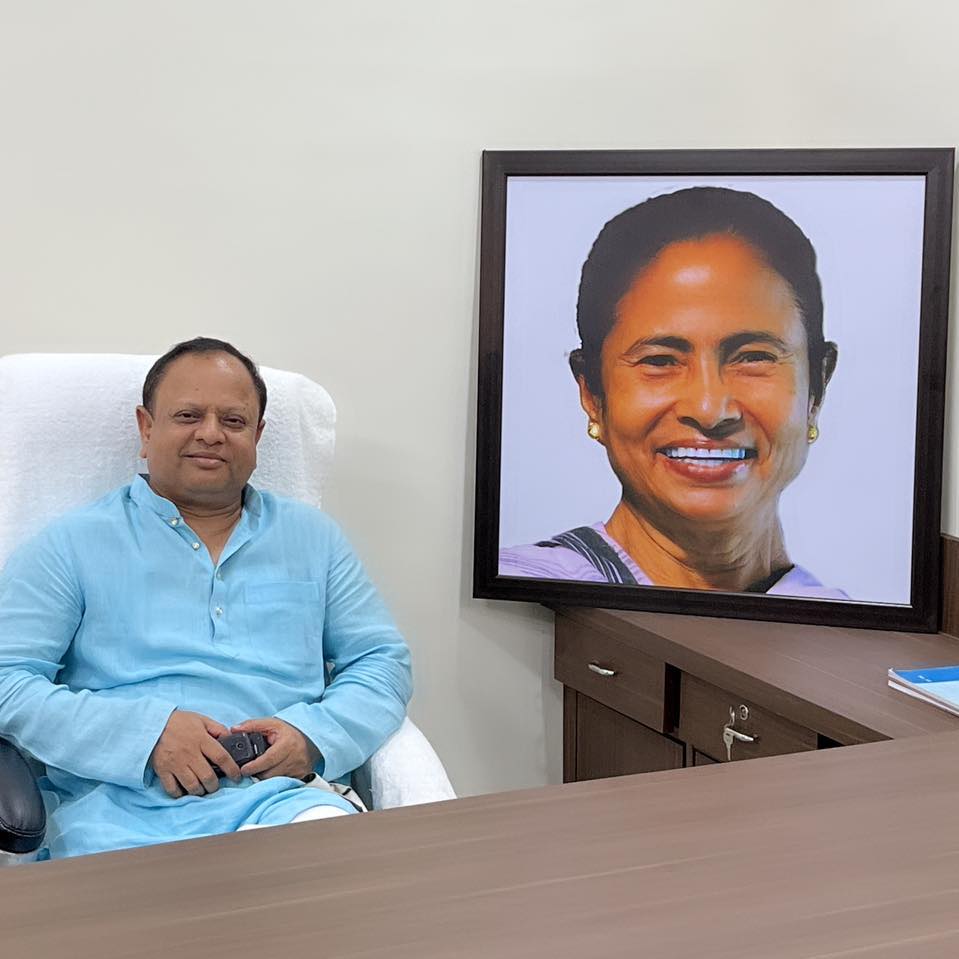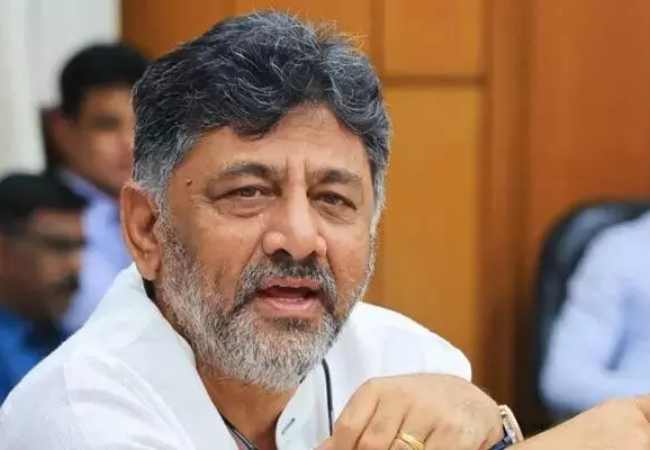Kolkata, Jan 16: West Bengal on Sunday made a pitch for a piece of the electric vehicle revolution as one of its ministers sent an invite to Tesla founder and CEO Elon Musk to "drop here" and set up his business in the state, days after the industrialist tweeted that he was trying to work through some challenges with the Centre.
The US-based company, which is looking to launch its products in India, had last year sought a reduction in import duties so that his company's high-performance electric cars can begin to sell in India.
The heavy industries ministry had asked the electric car major to first start manufacturing its iconic vehicles in India before any tax concessions are considered.
Responding to a tweet on the company's plans to launch its products in India, Musk had written on January 13, "Still working through a lot of challenges with the government."
Md Ghulam Rabbani, the Bengal minister for minority development and madrasa education, on Sunday invited the business magnate to the state, drawing sharp reaction from the BJP, which reminded the TMC minister that it was his party that had driven out Tata's car project some 14 years ago.
"Drop here, we in West Bengal have best infra & our leader @MamataOfficial has got the vision. Bengal means Business," Rabbani posted on the microblogging platform as reply to Musk's January 13 tweet.
Tatas, which had set its sights in Singur for a small car factory, was forced to pull out of Bengal in 2008 following a massive agitation led by the TMC over forcible land acquisition for the project.
Mocking Rabbani, BJP's IT cell in-charge Amit Malviya sought to remind him of the state's past records.
"You might think it is a joke. But it isn't! West Bengal's minister in charge for Minority Affairs and Madrasa Education has made an offer to Elon Musk to come invest in WB. His pitch will start with Mamata Banerjee's record on post poll violence and end with Singur agitation?" Malviya tweeted.
Other states such as Maharashtra and Telangana have made similar pitches to invite the electric car maker to their respective states.
K T Rama Rao, the industry and commerce minister of Telangana, said that it would happy to partner with Tesla in working through the challenges, while Maharashtra Water Resources Minister Jayant Patil has assured all possible help to the car maker.
Last year, Tesla India Motors And Energy Private Ltd, a subsidiary of Tesla Inc, registered itself as a company in Bengaluru for its India operations.
Amit Malware hallucination of post poll violence hasn’t been cured.
— Md Ghulam Rabbani (রাব্বানী) (@GhulamRabbani_) January 16, 2022
His party brought unplanned DEMONETISATION, illogical GST & cruel LOCKDOWN resulting in downward spiral of economy & all time high INFLATION.
Trollers won’t understand economics. https://t.co/5L3nh9WlRc
Let the Truth be known. If you read VB and like VB, please be a VB Supporter and Help us deliver the Truth to one and all.
Bengaluru (PTI): Karnataka has proposed a new Information Technology Policy for 2025–2030, offering extensive financial and non-financial incentives aimed at accelerating investments, strengthening innovation and expanding the state's tech footprint beyond Bengaluru.
The Karnataka Cabinet gave its nod to the policy 2025–2030 with an outlay of Rs 445.50 crore on Thursday after the Finance Department accorded its approval.
The policy introduces 16 incentives across five enabler categories, nine of which are entirely new, with a distinctive push to support companies setting up or expanding in emerging cities.
Alongside financial support, the government is also offering labour-law relaxations, round-the-clock operational permissions and industry-ready human capital programmes to make Karnataka a globally competitive 'AI-native' destination.
According to the policy, units located outside Bengaluru will gain access to a wide suite of benefits, including research and development and IP creation incentives, internship reimbursements, talent relocation support and recruitment assistance.
The benefits also include EPF reimbursement, faculty development support, rental assistance, certification subsidies, electricity tariff rebates, property tax reimbursement, telecom infrastructure support, and assistance for events and conferences.
Bengaluru Urban will receive a focused set of six research and development and talent-oriented incentives, while Indian Global Capability Centres (GCCs) operating in the state will be brought under the incentive net.
Incentive caps and eligibility thresholds have been raised, and the policy prioritises growth-focused investments for both new and expanding units.
Beyond incentives, the government focuses on infrastructure and innovation interventions.
A flagship proposal in the policy is the creation of Techniverse -- integrated, technology-enabled enclaves developed through a public-private partnership model inside future Global Innovation Districts.
These campuses will offer plug-and-play facilities, artificial intelligence and machine learning and cybersecurity labs, advanced testbeds, experience centres, and disaster-resistant command centres.
There will also be a Statewide Digital Hub Grid and a Global Test Bed Infrastructure Network, linking public and private research and development, and innovation facilities across Karnataka.
The government has proposed a Women Global Tech Missions Fellowship for 1,000 mid-career women technologists, an IT Talent Return Programme to absorb experienced professionals returning from abroad, and broad-based skill and faculty development reimbursements.
Shared corporate transport routes in Bengaluru and tier-two cities will be designed with Bengaluru Metropolitan Transport Corporation and other transport entities to support worker mobility.
The government said the policy is the outcome of an extensive research and consultation process involving TCS, Infosys, Wipro, IBM, HCL, Tech Mahindra, Cognizant, HP, Google, Accenture and NASSCOM, along with sector experts and stakeholder groups.
It estimates an outlay of Rs 967.12 crore over five years, comprising Rs 754.62 crore for incentives and Rs 212.50 crore for interventions such as Techniverse campuses, digital grid development, global outreach missions and talent programmes.





